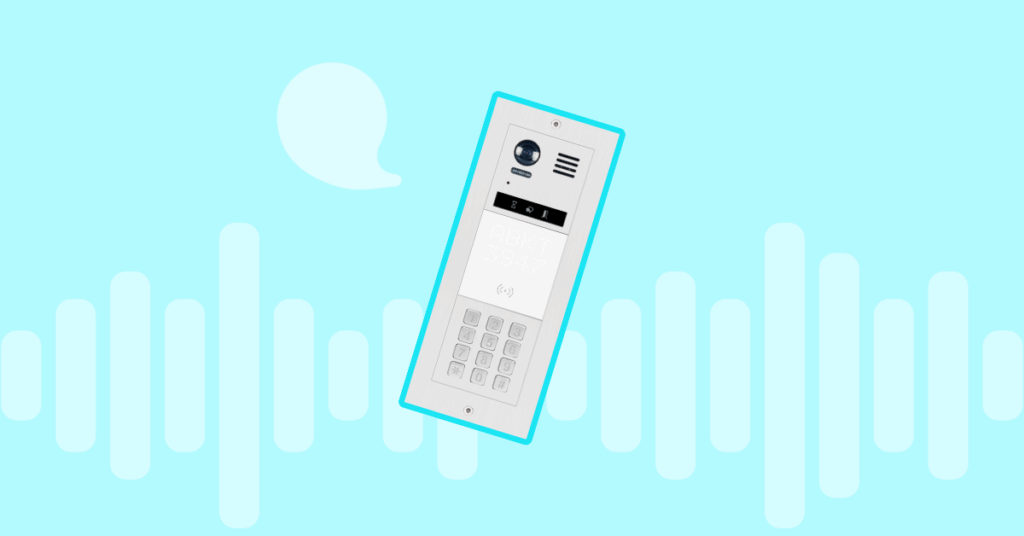
Table of contents
VoIP changes more than just the backend technology that powers voice calls today. Unlike traditional landlines, VoIP can be used anywhere – you are not restricted to a particular location or tethered to your desk. One of the many advantages to using VoIP is that your organization doesn’t necessarily need IP phones to make calls. Since VoIP by definition works with standard IP protocols, it can provide voice service to any device ranging from a desktop computer to a smartphone.
Of course quite a few businesses end up buying IP phones anyway and there are a number of reasons why. But not everyone can afford them or even needs them in the first place. Entrepreneurs, small business owners, freelancers etc. may not even bother with desk phones, instead opting for soft phones on multiple types of hardware such as phones, tablet, laptops and other computers.
In fact, even larger organizations often find that not every employee needs a top of the line IP phone. Sales personnel for instance may prefer using mobile VoIP apps if they spend a lot of time travelling and don’t really have dedicated office/desk space. All of this is made possible by VoIP applications or software, often referred to as soft phones. There are VoIP apps available for practically every computing platform which makes it far easier for individuals to get by without wired phones.
How do VoIP Apps Work?
VoIP applications work because they function on the SIP protocol. Using SIP means that any device with the appropriate software can register itself as an endpoint and be used for making calls. In many cases, VoIP vendors themselves will develop and maintain various applications for their service. On the other hand, there are some vendors who prefer not to limit the choices of their clients and enable their services to function with third-party apps instead.
Making a VoIP call still requires a microphone and speakers. So applications that are installed on a desktop or laptop computer can make use of built-in hardware or externally attached headsets for calls. Mobile VoIP applications allow the same functionality on the latest smartphones as well. There are a lot of apps out there which target specific segments of the market. Some software will only work with select VoIP services, others will function only on specific mobile platforms and so on.
However there are also developers who provide apps for a variety of platforms, some of which can be customized by companies with their own custom logo, colors and brand images. One such app is Zoiper which is available for Windows, Android, iOS, Windows Phone, Linux, Mac and even for plain old web browsers! For some businesses, purchasing VoIP service from one vendor and deploying custom apps like Zoiper from another may be the optimal choice for their needs.
How Zoiper works on computers
Once a company has purchased VoIP services from a vendor, they can use the Zoiper app to make calls. Zoiper works with a variety of service from many countries and even points clients to vendors from their website if they don’t already have service. The business can then distribute the Zoiper app to their employees.
A small company may simply point users to the app and let them download or install it by themselves using their account credentials from the VoIP vendor. Larger organizations may distribute the application by remote installation and other provisioning methods. In either scenario, once Zoiper is installed on a computer it is easy to start making calls.
How Zoiper works on mobile
The process works similarly on mobile platforms. Zoiper apps are available through the respective applications stores on each platform. Once the user has installed it, he/she can make calls as usual by using their work number even on a personal device (if allowed by the organization’s BYOD policy). Companies that provide phones to their employees may also remote install them to all users at once or in phases by department, office location etc.
Why use VoIP apps?
VoIP applications effectively bridge the gap between voice calls and other forms of modern digital communication. Take the example of email. Employees today expect to have access to their inbox regardless of what device they use or which location they might be working form on a particular day. Why shouldn’t the same be true for voice calls?
Without VoIP apps, users would still be stuck to their desk phones. In a world where many people telecommute or work from home on a regular basis, such a situation would give rise to many issues. Although VoIP phones are portable in a sense – they can be plug and play devices through auto provisioning – they simply cannot be carried everywhere. By using VoIP apps on laptop and mobile phones which workers already have with them, voice calling can be used just like email, instant messaging and other modern communication channels.
More from the blog
Want to improve your business communication?
Unlock enterprise-class call center power at affordable prices – no hardware, no delays, no surprises!






